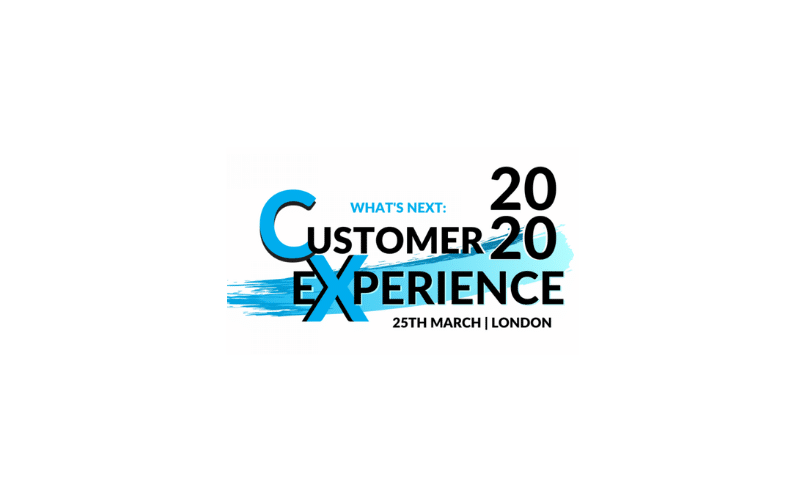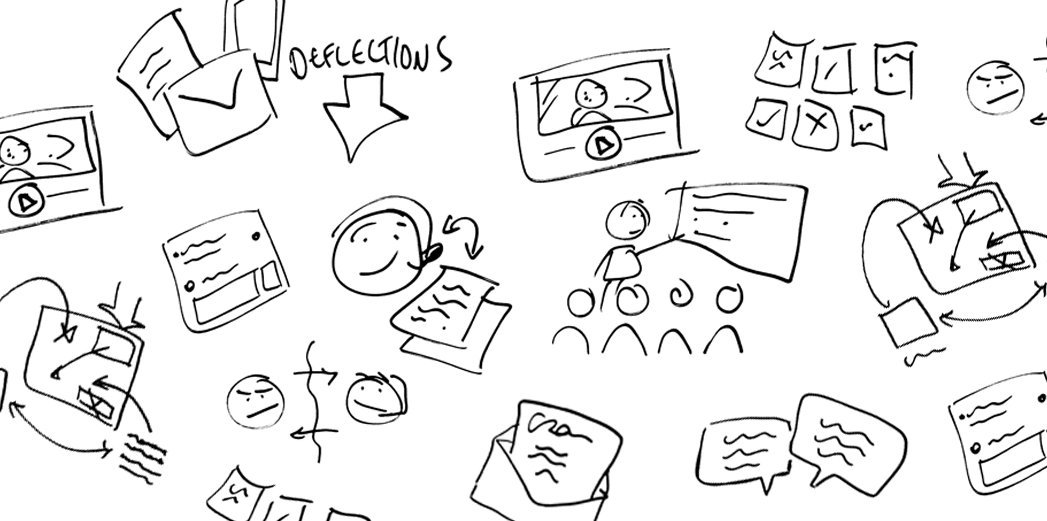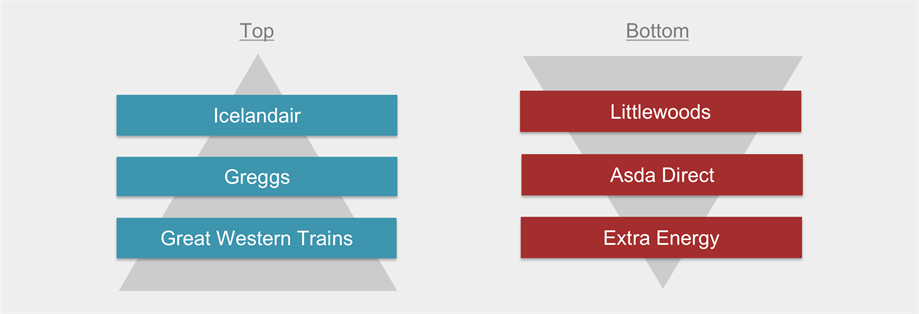14th February 2019
In
Uncategorised
We’re excited to announce our partnership with Unify Communications!
Mazaru will form part of Unify’s solution set – adding our conversation design, tone of voice and soft skills expertise, to Unify’s next generation contact centre technology solutions. Or in other words, we’ll be helping Unify’s customers get more from their hosted technology set-ups, and wisely reducing customer contact, increasing sales and increasing satisfaction in the process.
To give you an insight into Unify’s thinking, here are 15 Top Tips To Deliver the Ultimate Customer Experience, from Russ Attwood – Unify’s Founder and Business Development Director:
1. Put your customers’ needs first
Look, your customers are demanding. They don’t want to wait around to talk to you, and they certainly don’t expect to be limited on how they can contact you. They want flexibility and omnichannel availability. It’s up to you to meet those needs.
Your customers need to be able to choose a preferred communication channel – and switch between channels – at will. Your agents must therefore be able to pivot channels, seamlessly.
2. Context is Key
Don’t make your customers reiterate their problems. They don’t want to keep re-hashing their issues/asking the same questions. Think about the quality of experience and ensure your agents have full interaction history – giving them the context they need to respond to situations in the most empathetic and effective way.
3. Make Your Agents’ Lives Easier
Typically, agents are wasting 14% of their time looking for information about the customer they’re serving. Often, this is because the on-premise contact centre solution for the voice element requires individual, disconnected user interfaces for each of the additional channels. Nightmare, right?
When their tools are disconnected, agents, customers and contact centre managers all suffer. It’s inefficient and hard to find the context needed for interactions.
4. Enable a Unified Experience
How can you integrate all of your critical tools? Automatic call distributor (ACD), computer telephony integration (CTI), and interactive voice response (IVR) should all be available in one solution.
Make them natively connect to your CRM system, helpdesk tickets, call script generators and other systems. Your satisfaction scores will stay low unless you can empower your agents and enable the right processes through your technology.
5. Track What’s Happening
We get it. It’s hard to track interactions and agent performance. Your contact centre is collecting massive amounts of data every time you engage with a customer. Accessing a unified view of what’s happening is tough, but ultimately essential if you want to decrease attrition rates, improve agent performance, influence business outcomes and create positive customer experiences.
Think about integrating your technology to enable near-time data refresh, real-time reporting and historical data. Seek out solutions that can offer you incredibly accurate information around real-time queue events and agent status.
6. Share the Wealth
Share the contact centre data you collect with your other tools (like those used to track case duration). Generate a wider view of areas for improvement, agent growth and operational efficiency by running reports showing your contact centre data alongside other important data.
7. Quality is Key
Typically, the contact centre is the main point of contact with your organisation for your customers. That’s why it’s so critical to monitor and improve your agent performance. It’s easy for us to say, but how do you actually do this? It’s nearly impossible using spreadsheets or legacy platforms.
8. Capture the Agent & Customer Experience Across the Contact Centre
Supervisors need to monitor, evaluate, and improve the quality of the customer experience by documenting customer interactions and accurately evaluating agent activity. Ensuring agents adhere to internal policies and procedures to deliver the best possible experiences is essential.
Integrating quality management (or Workforce Optimisation/WFO) into your contact centre solution can help you to unlock insights into customer responses to automated support and agent-assisted services. You’re free to make informed process changes, train your agents more effectively and deliver real-time feedback.
9. Don’t Fear Automation!
Automating the tedious processes wherever possible leaves you free to spend less time on routine tasks and more time delivering the better customer experience.
Tools like an intelligent routing system can send your customers to the right agents equipped with the right resources. Implementing intelligent routing could improve first-call resolution rates, reduce the number of times customers are transferred and decrease the time both agents and customers spend on the phone to resolve the issue.
10. Can You Use Chatbots?
Increase the efficiency of interactions without tying up your agents. Handing initial discussions to an automated bot could help your business to collect and pass along information about customers and issues to a live agent. Getting a bot to help with simple tasks like resetting passwords would help your agents spend their time and energy where it’s needed most.
11. What About AI?
By incorporating AI, you could arm your agents with real-time insights to help them make smarter decisions. Listen to conversations between agents and customers and “whisper” suggestions to agents based on keywords noticed.
12. Make It Simple to Scale
Virtualized contact centres can achieve a 92% saving versus a premise-based model, according to a report from Datamonitor. Whether you need to scale up for seasonality or down because you are driving customers toward self-service options, ensure your needs are supported. Help your workforce to work anywhere, anytime, and offer 24/7/365 service cost-effectively, by moving to a cloud-based solution.
13. Empower Your Agents to Collaborate
Encourage your agents to work together, even when based in different locations, by enabling a distributed, virtual workforce in the cloud. Deliver exceptional customer experience with a cohesive team.
14. Deliver on Your Vision
While your people and processes are undeniably an essential part of the formula, the technology you use to enable them is critical to your ability to deliver a great customer experience. By giving your agents the right tools, you can keep them productive and efficient, resulting in higher retention rates and business growth.
15. Keep Things Simple
Ultimately, your customer experience needs to be simple. The world’s most passionate, customer-focused brands achieve better interactions, deeper insights and more meaningful outcomes with cloud contact centre solutions.











